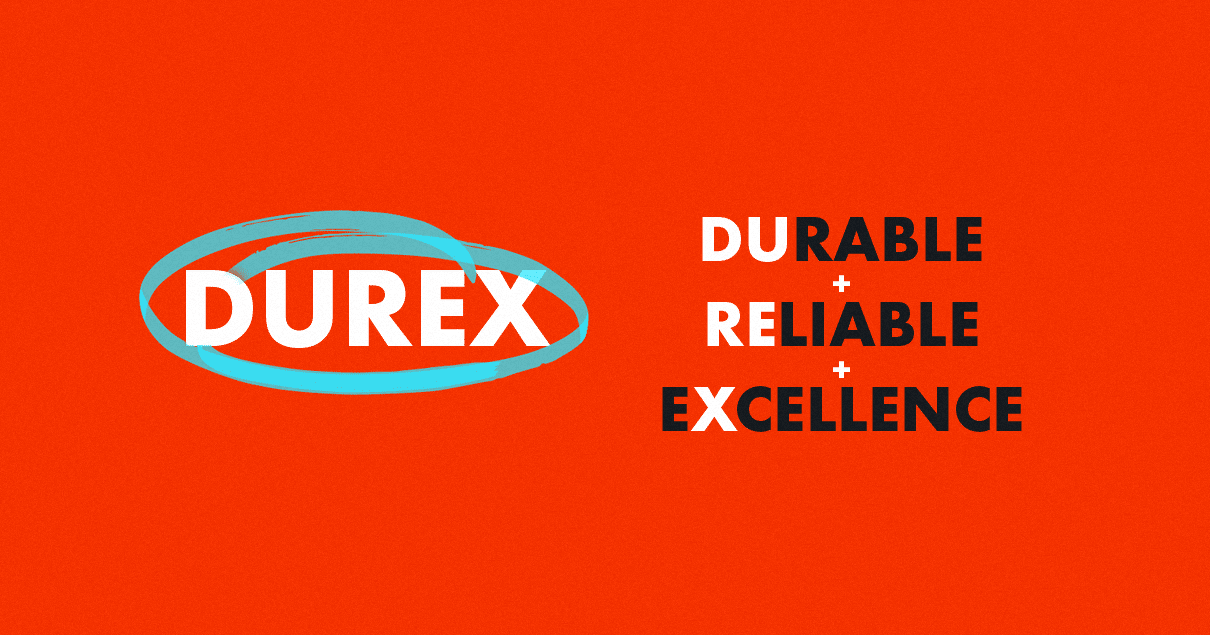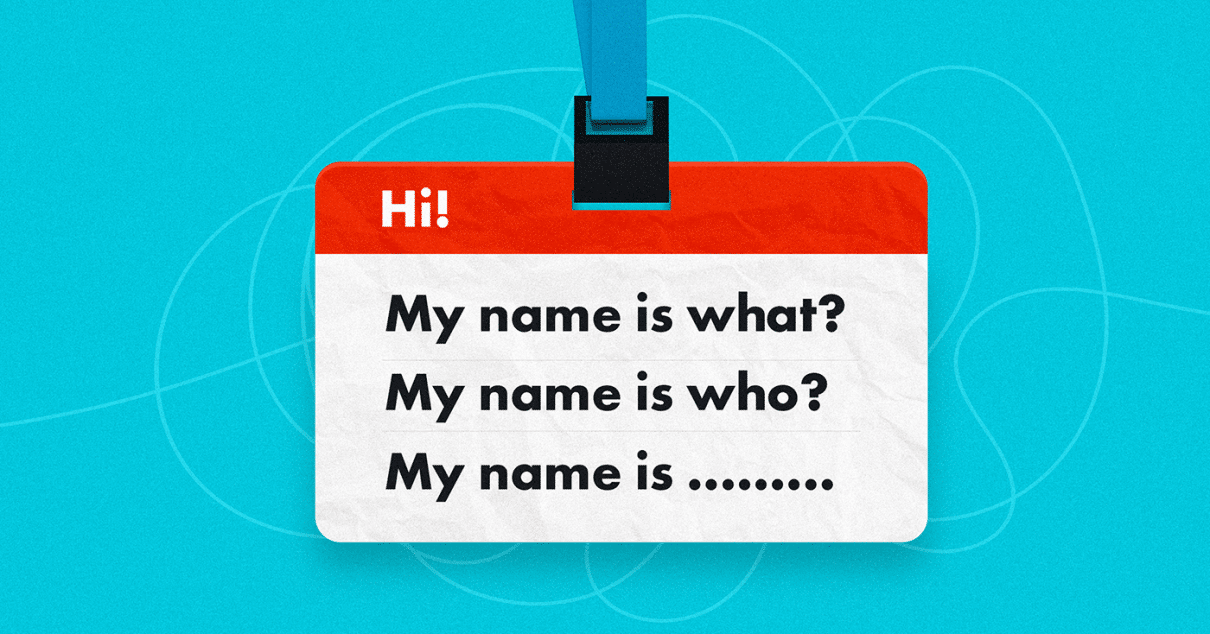Sounds so simple.
At some point in our lives, we have named something. A pet, car, friend, loved one. Why should it be different with your business, brand, or product? Over the years, we have helped some of our clients with naming their business or product, and I can say it was never easy. As the years go by, and we keep developing this part of our business, we dig deeper, and try to learn, and listen to how other people do it.
Take your time, don’t rush the process.
The first thing I would recommend is to allocate time for this. Most people think they can just come up with a name on the fly. Maybe… Sometimes, if you are lucky, but most of the time it just needs time, and you need to put work into it. A good name that you can use, won’t come to you easily. You will need a lot of options, I mean a LOT.
Most of the names will be already in use, you won’t find a suitable domain, it will mean something in another language, or sounds similar to a different brand, or in some cases, it will be hard to pronounce or write it down.
One of the most helpful at the beginning of our journey with naming was watching a lot of content from Sasha Strauss, who is a brand expert and consultant. I highly recommend looking him up, not just regarding brand naming, but the brand strategy in general.
Another great source is A Hundred Monkeys. It’s really a game-changer when you read their case studies, of how they came up with the names they present to each client. ( one of my favorites is the Octa one ). Eli Altman, the guy who runs the studio also has some content on Youtube, and a great presentation on Brand New Conference.
Where to start
You should always start with a brief description of what the brand is, what is it about, why is it unique, and why will people care about it? This will not just help you with the naming process, but it will be valuable later on as well, when developing brand identity, messaging, strategy, and so on. Also, look at your competitors, what do their names sound like? This can help you to do something different so you can stand out more, but also it can help to see what clients in your niche relate to most. If you are not developing your own name, then take the time to ask all the right questions, do interviews, so you have all the information you need to start the naming process.
Mind Mapping
This is a good way to start, you can just write out things that you can associate with your brand, this shouldn’t be a problem, since you should already have a vision and an image in your mind of what the end product would look like.
Always keep in mind what kind of emotions, feelings you want to have associated with your brand.
If there are multiple people doing the work, it would be a good option to give everyone some time ( a week let’s say ) to develop some ideas on their own, and then everyone can present their ideas. At this point, if you are stuck, you can search for different synonyms to the words you’ve already found. Thesaurus should do the trick, we use this a lot, it gives us options we didn’t think about in the first place.
Categorize
When we are developing a name for a client, we usually take a list of name types and categorize every name we come up with. In some cases we have something for each category, sometimes we don’t. Depends on the project. Keep in mind that there are no rules, there is no such thing as a bad name. Don’t restrict yourself, write down whatever comes into mind, even if it sounds basic, or crazy, it can generate leads.
The key is to find something appropriate. What is appropriate? If your target is other business owners, (B2B) or you are in a serious niche, you might want to forget funny, happy, and weird names like Happy Feet, you might want to go with something more relatable like Serious Sam.

These are the categories we usually use for naming.
- Eponymous, these are when the brand has the name of the founder or named after a person. Disney/Walt Disney, Tesla/ Nikola Tesla, Burberry
- Acronyms, when you use just the first initials of the word. GM/General Motors, KFC/Kentucky Fried Chicken
- None English, words that have a meaning in another language other than English. Samsung/Three Stars, Hulu/ Was used in Chinese for holding precious objects
- Descriptive, when a name describes what the brand or product is about. Think of Whole Foods/Organic, natural food store, American Airlines/ Airline brand from the US.
- Suggestive, these are words that refer to what the product does. Facebook/ Buffer/ OpenTable
- Associative, words that can be associated with the brand. Amazon – Red Bull – Sirius XM/ Brightest Star
- Invented / Abstract, these are names that usually don’t mean anything, just sound good. Xerox, Kodak, Rolex are good examples, just to name a few.
This process has been working for us, let me give you a few examples of the names we have come up with using these steps.
- ANGUSTOS
- – Wild Irish Black Angus ranch, from Romania. Suggestive / Invented a name is a fusion form Angus ( the cattle type ), and Gustos, which means Tasty in Romanian.
- ETISHE
- – Ethical Fashion. None English The name means Ethical, in Slavic.
- FUNERO
- – Funeral service None English / Invented The word FUNERAL and ROMANIA, suggesting that it provides services nationwide.
How many is enough?
Sasha suggests that 1000 names are a good option.I can’t really answer that, the only thing I know for sure, the more the better. Once you have some good options, you can try creating a sentence with the name, like:
Let’s grab a drink at …..
Let me call you a ….,
I have lost 10kg with ….,
The burgers are something out of this world at ….
Some people remember names that they see, rather than what they hear, so make sure it’s easy to read and write your name.
Try to stay objective ( i know this is hard sometimes ), it’s not about your name being the winner, the goal is to find the most appropriate, most memorable name for your company/product, and if this comes from a colleague, friend, relative then great.
Don’t expect love and appreciation at first from people you tell your brand name. Rarely does somebody remember a name when they meet for the first time? Just think about a situation when you meet 5 new people ( or sometimes just one ), and you shake hands, introduce yourself, then, later on, you are having trouble recalling his / her name. But you remember something else maybe, hair color, shirt, watch, his / her persona and so on. Your brand is the same way.
Once people know you better, they will remember.

